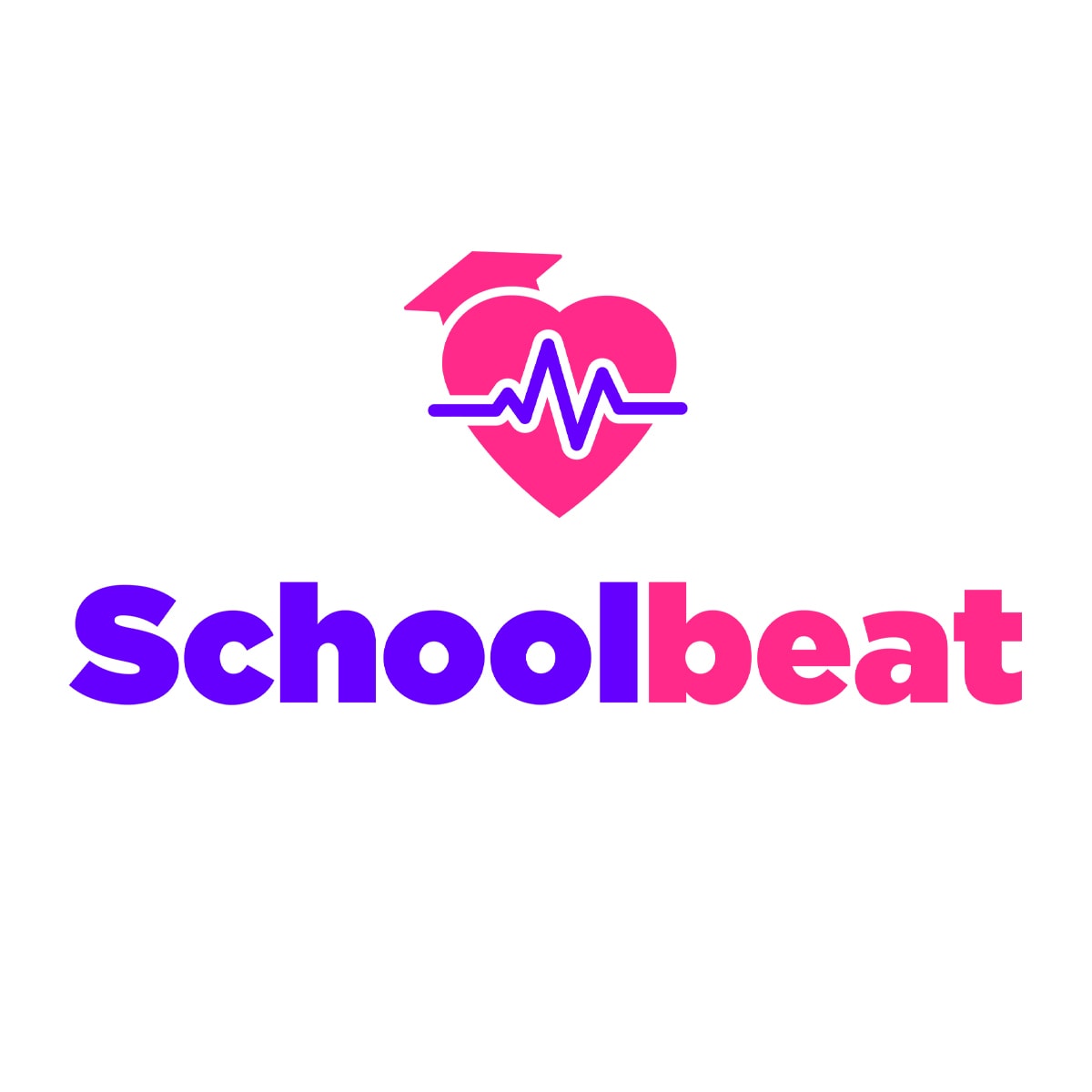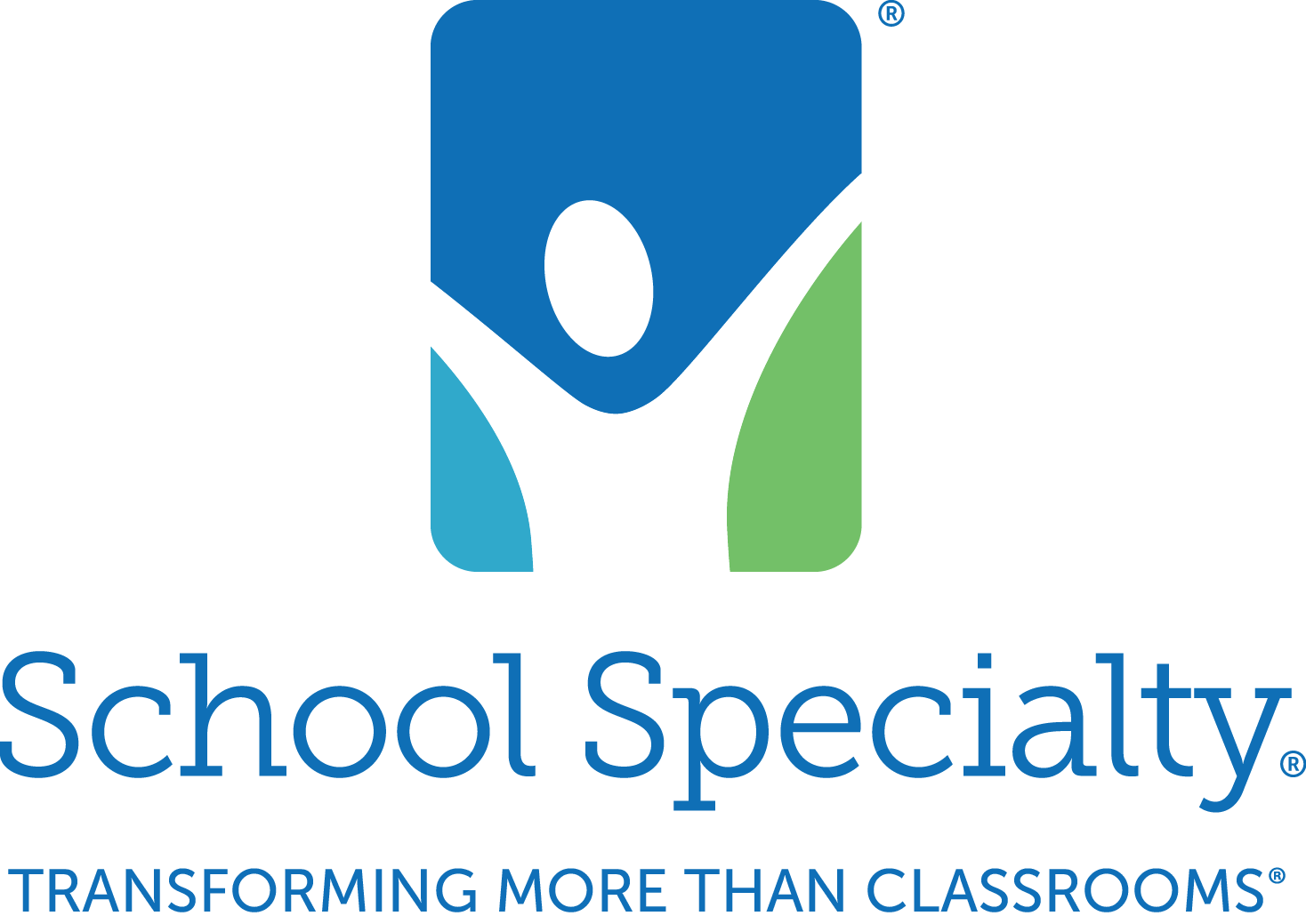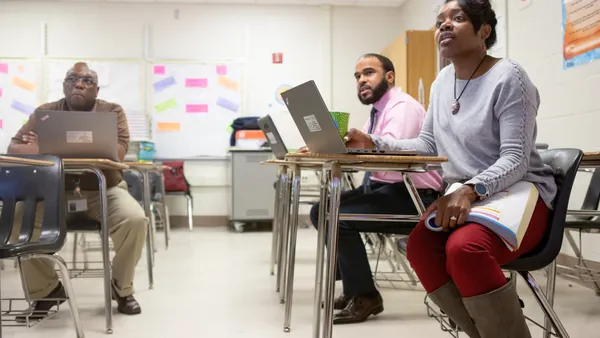Dive Brief:
- Some 32 states now require high schools to offer at least one computer science course, according to the Code.org Advocacy Coalition’s 2024 State of Computer Science Education. And 12 states now require students to take at least one high school course in the subject to graduate, with West Virginia becoming the latest in April.
- Additionally, 17 states have expanded course requirements to middle and elementary schools, said Jake Baskin, executive director of the Computer Science Teachers Association, which is a member of the coalition.
- “As generative AI and other technologies rapidly transform our world, every student needs the foundational knowledge to use these tools effectively, understand what's happening behind the scenes, and critically evaluate technological developments,” Baskin said. “This literacy will be crucial whether they're creating technology or making decisions about its implementation and regulation.”
Dive Insight:
Computer science basics are critical for all students, regardless of whether they will become software engineers, coders, or computer machinists.
The ubiquity of computers today requires the general public to have some understanding of machine learning and technology. As generative artificial intelligence is already capable of writing code for simple computations, educating students about this technology is also key, said Baskin.
State officials have taken note, with those requiring a course in computer science for graduation including: Alabama, Arkansas, Indiana, Louisiana, Nebraska, Nevada, North Carolina, North Dakota, Rhode Island, South Carolina, Tennessee and West Virginia.
“This movement has gained significant momentum in the last two years,” said Baskin.
Since President Donald Trump signed an April executive order promoting AI literacy efforts in schools, over 250 CEOs have signed an open letter calling for more states to adopt computer science graduation requirements. Such high school graduation requirements could help close wage gaps, “unlock $660 billion in economic potential every year,” and train the future workforce in much-needed skills, according to the CEOs’ letter published by nonprofit CS for All.
Baskin points to a newly published report, “Reimagining CS Pathways,” which suggests computer science topics that high school students should learn to move forward in their educational careers. These include algorithms, cybersecurity, computational thinking and the impact of human-centered design. The report also offers examples of how these topics can integrate with courses on biology, humanities, art and journalism.
Having students learn about these topics long before they start high school may also be advantageous. Baskin emphasized that even kindergartners can learn basic computer science concepts, and by beginning these lessons early, students can develop their skills throughout their school-aged years.
"Starting early is essential,” he said. “It builds confidence and understanding, and allows students to explore potential career paths powered by computational skills from a young age.”














